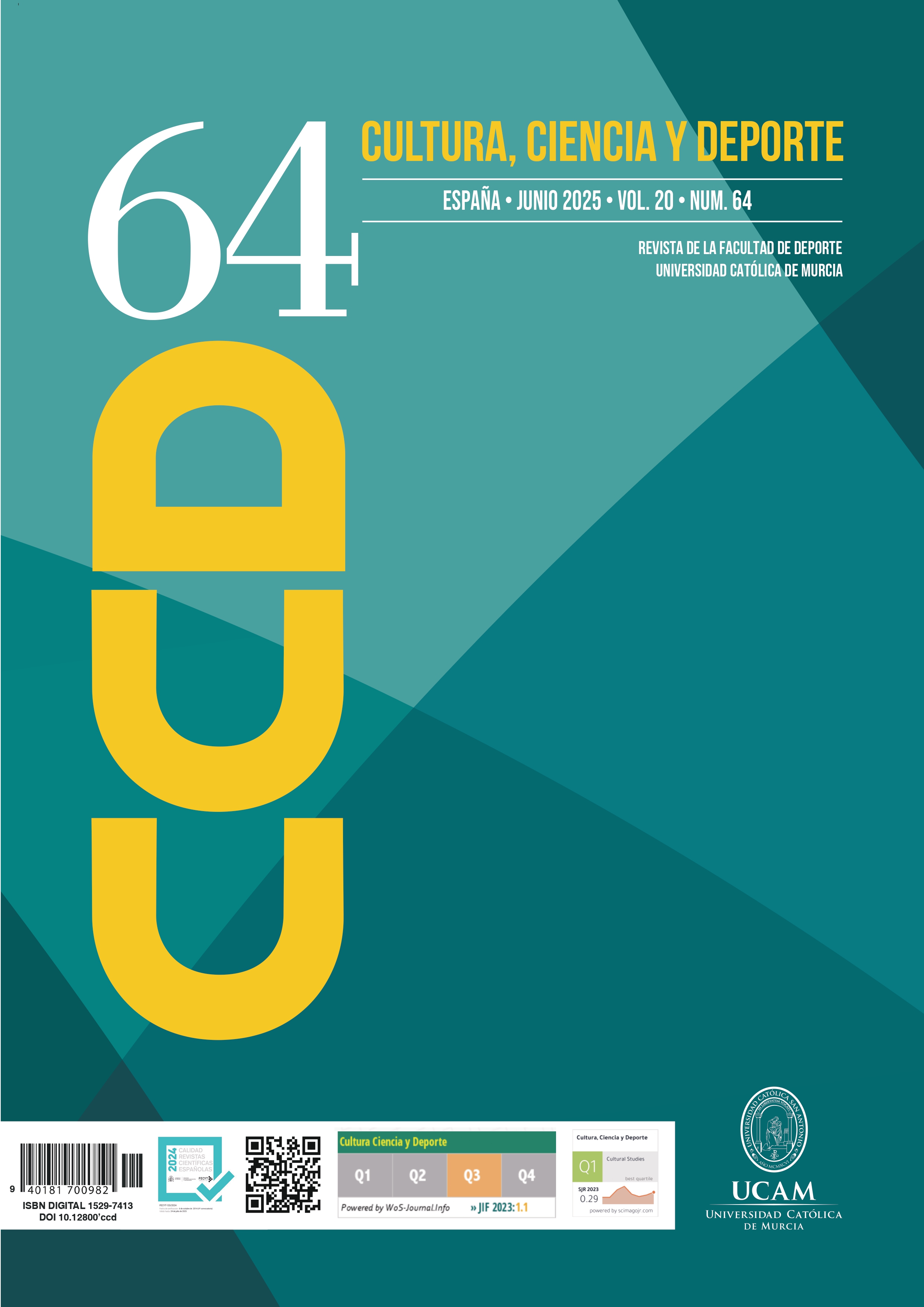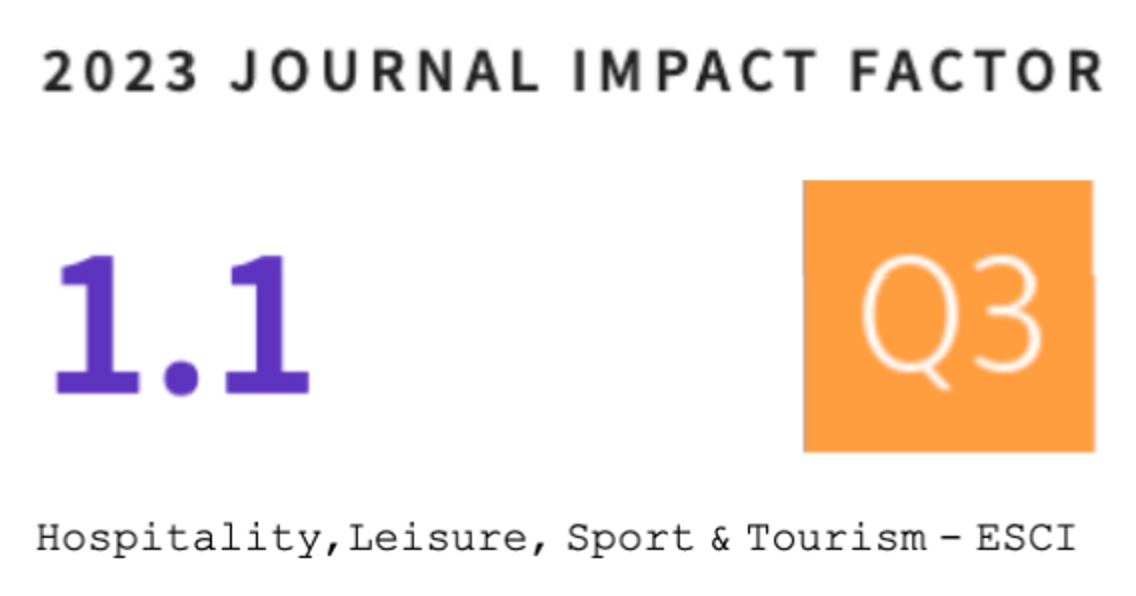Does The Menstrual Cycle Influence the Sports Performance of Women Volleyball Players? A Pilot Study
DOI:
https://doi.org/10.12800/ccd.v20i64.2199Abstract
The menstrual cycle (MC) is a physiological concept that has had an exponential increase in the field of sports and research in recent years. In addition, it is a
biological process corresponding to women and regulated by certain hormones that allow the possibility of fertility and may also affect other functional capacities
of the female organism. Nevertheless, the related scientific literature is scarce. For this reason, the aim of the study was to perform research on female volleyball
players, applying an educational methodology consisting of a talk and a workshop/focus group to discover the possible improvements in the analyzed variables.
The sample consisted of eight female players (age = 20.5 ± 1.41 years; weight = 59.25 ± 7.59 kg; height = 168.75 ± 6.23 cm). A descriptive and association study was
carried out between the study variables considering the time of data collection. The results highlight the importance of developing educational plans related to the
MC in teams of female athletes because significant associations were found in the knowledge (question three and question six) and communication (question 14)
sections. Finally, the results suggest the need to motivate and encourage the use of tools and education regarding to the MC both in sports and in the social sphere,
to promote and improve knowledge, communication, and the perception of the influence of the MC. For this reason, it is recommended that sporting institutions to
consider planning and developing informative talks before, during and after sports seasons.
Downloads
Published
How to Cite
Issue
Section
License
Copyright (c) 2025 Creative Commons Attribution License

This work is licensed under a Creative Commons Attribution-NonCommercial-ShareAlike 4.0 International License.
The authors who publish in this journal agree with the following terms:
- The authors retain the copyright and guarantee the journal the right to be the first publication of the work as well as licensed under a Creative Commons Attribution License that allows others to share the work with recognition of the authorship of the work and the initial publication in this journal.














